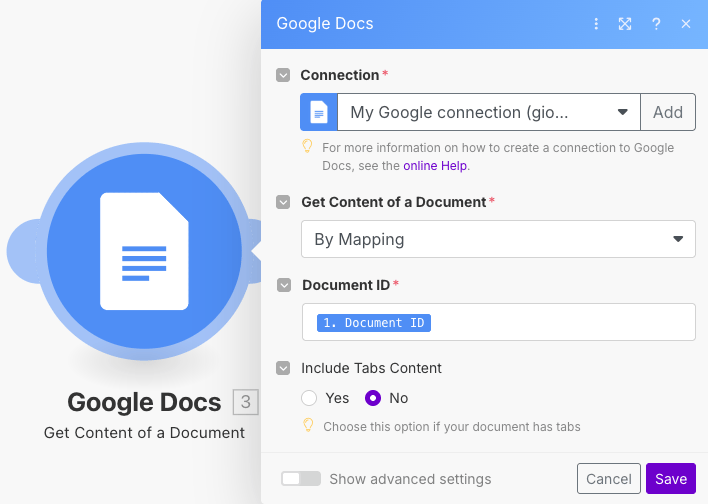Reading Time: 4 minutes
Hello AI Enthusiast,
Let's face it - we've all drowned in meeting transcripts at some point. You know the drill: sitting through a meeting, getting a massive transcript, and then... well, most of us never actually read it. This newsletter breaks down how to use AI to solve this common workplace headache.
The Problem
Meeting transcripts pile up unread, important decisions get buried, and team members waste time trying to find key information. Even with Google Gemini now offering meeting notes, you might want something more tailored to your specific needs.
We'll be hosting a free webinar on April 30th at 6 pm CEST! We've revamped our Generative AI Project Bootcamp, now called AI Agent Bootcamp. You'll learn to build custom AI assistants just like the meeting summarizer in this newsletter, plus many other workplace agents that'll save you hours each week. Grab your spot now!
How We Did It
Let's walk through building a Make workflow that monitors your meeting transcriptions, extracts the key points, and delivers clean summaries to your inbox:

The complete Make workflow
Step 1: Watch for New Transcriptions
Configure the "Watch Documents" module to monitor your "Meeting Recordings" folder for new files.

Watch Documents module to monitor for new meeting transcriptions
Step 2: Filter for Actual Transcriptions
Add a filter to ensure you're only processing transcription documents, not other files that might be in the same folder.

Setting up the filter that ensures we only process transcript files
Step 3: Extract Document Content
Use the "Get Content of a Document" module to retrieve the full text of the transcription.

The Get Content module that extracts the full transcript text
Step 4: Generate AI Summary with ChatGPT
Configure the OpenAI module with GPT-4 to analyze and summarize the transcript.
Here's the prompt we use to generate comprehensive meeting summaries:
Act as a personal assistant. You will be provided with meeting notes, and your task is to summarize the meeting as follows:
- Overall summary of the discussion
- Action items (what needs to be done and who is doing it)
- Key takeaways
- Decisions Made
- If applicable, the requests from the team members
The output must be formatted as HTML and you must output only the HTMLThis prompt tells ChatGPT to:
Create a structured summary with specific sections
Format the output in HTML for easy email reading
Focus only on the most important information for us

OpenAI module that transforms raw transcripts into structured summaries
Step 5: Deliver via Email
Set up the Gmail module to send the summary to relevant team members.

Gmail module setup that delivers the AI-generated summary
Here's the expected output:

Email received

Example of a formatted meeting summary
Your Turn
Ready to tackle those meeting transcript headaches? The concept is straightforward even if you don't have this exact setup:
Think about which meetings eat up your follow-up time - those client calls that run long or the weekly team discussions where details get lost. After that, play around with AI prompts that extract what matters most to your team.
You might start with something simple, maybe just summarizing one critical weekly meeting, then expand as you see the time it saves.
Want to get even more practical? Explore hands-on AI learning with AI Academy:
AI Academy Membership: Get 12 months of access to all our cohort-based programs, live webinars, on-demand courses, and tutorials.
AI Agent Bootcamp: Accelerate processes and solve business problems by mastering prompts and building AI Agents, without coding.
Corporate Training: Equip your team with the skills they need to unlock the potential of AI in your business.
Practical Introduction to ChatGPT: A free course on using ChatGPT confidently, understanding its workings, and exploring its potential.
We'll be back with more AI tips soon!
